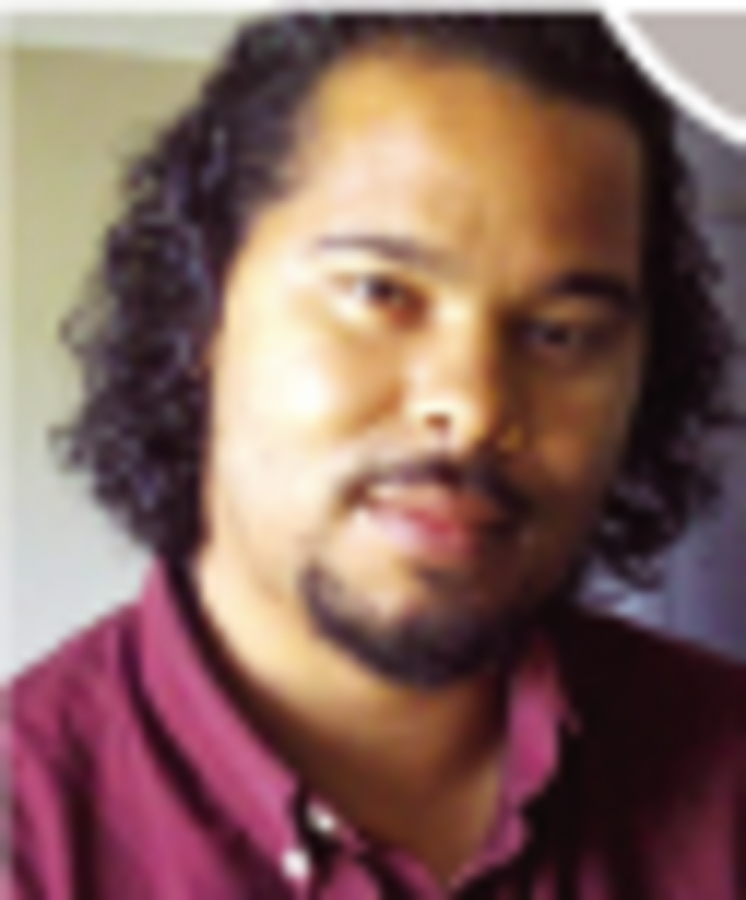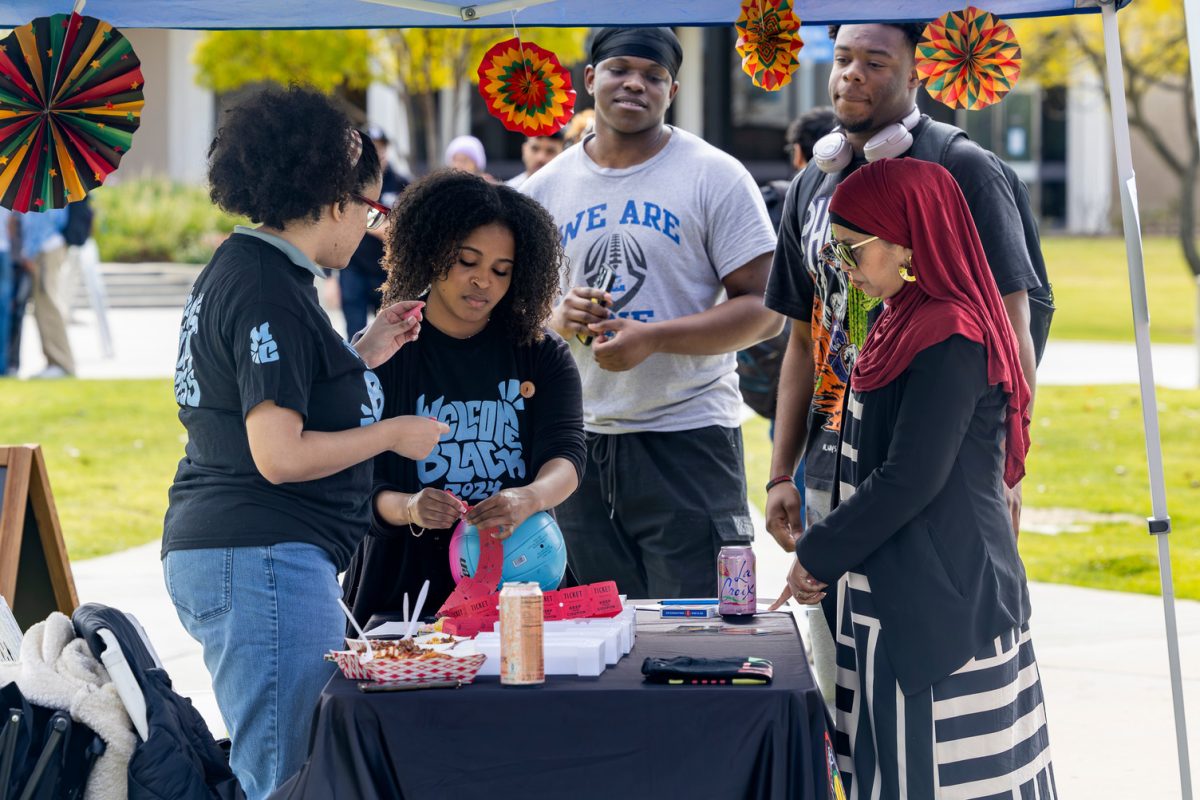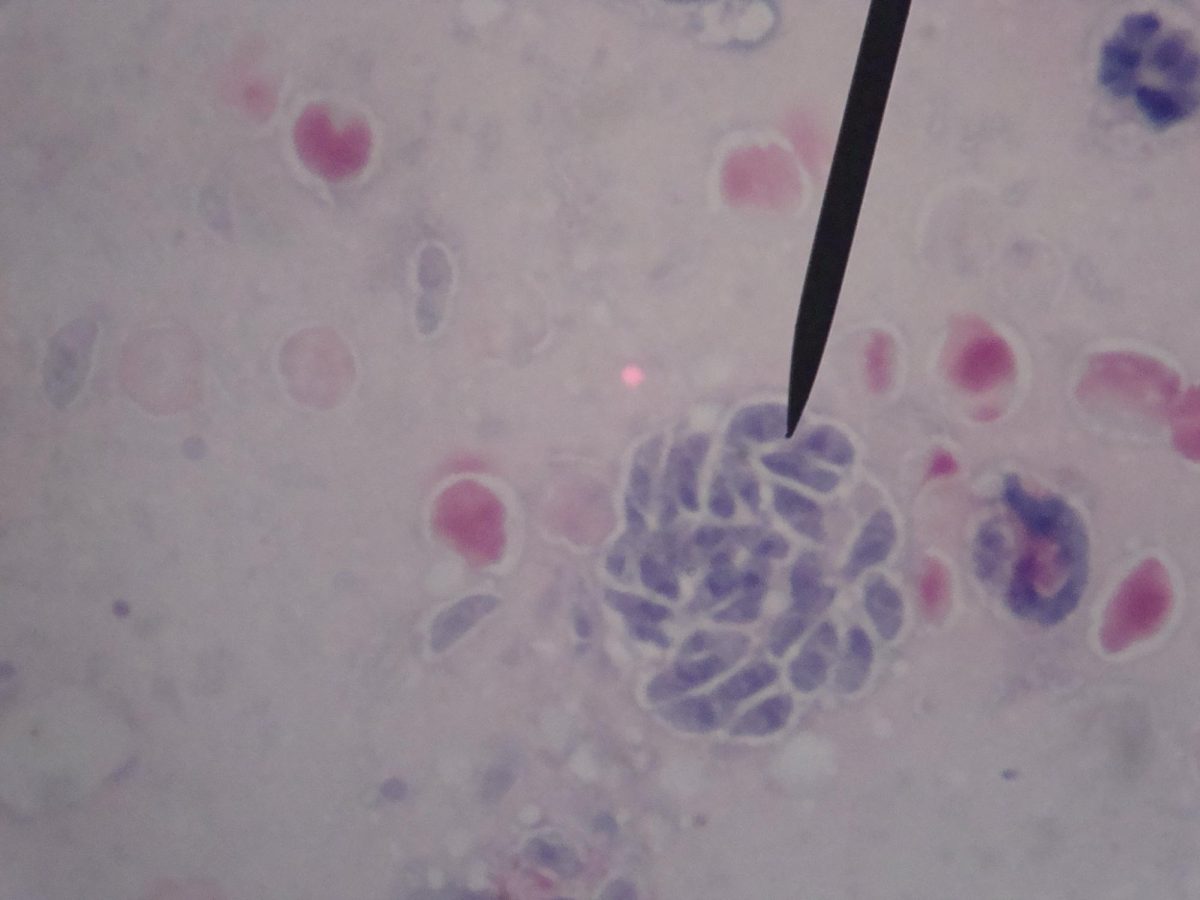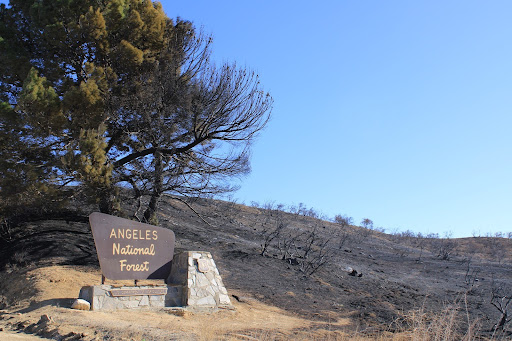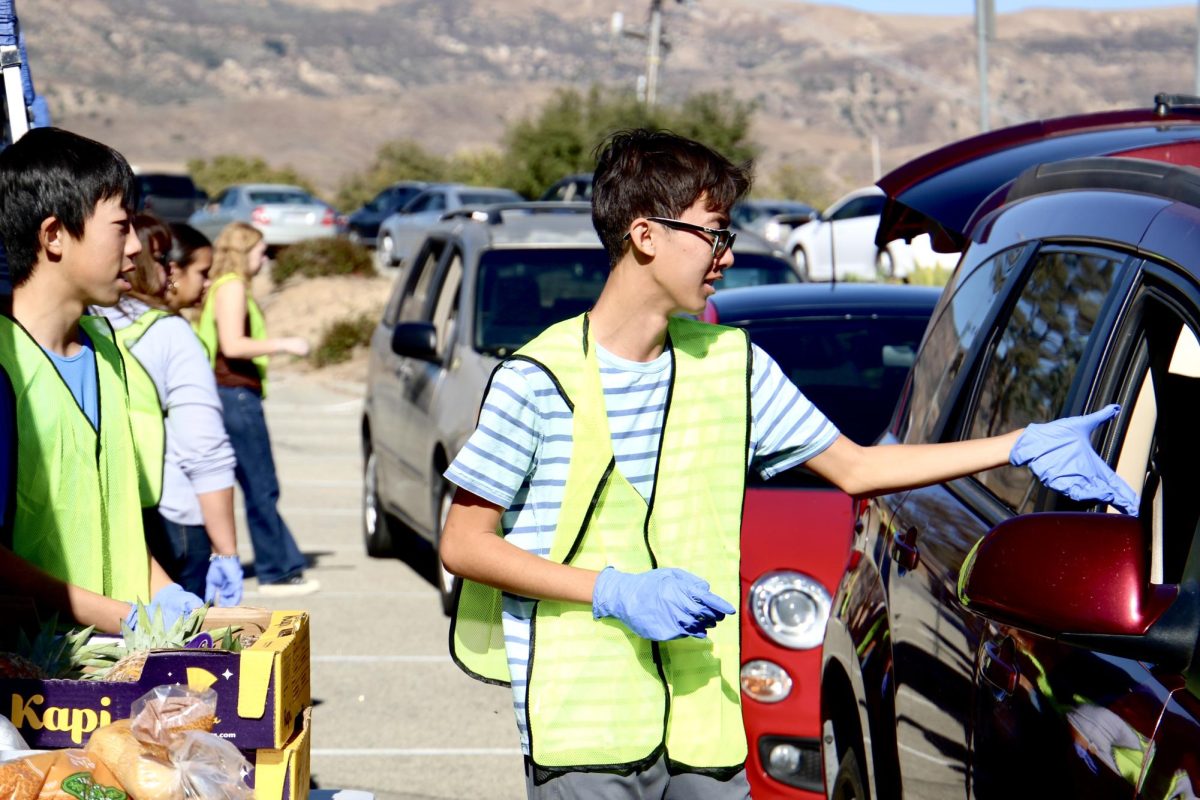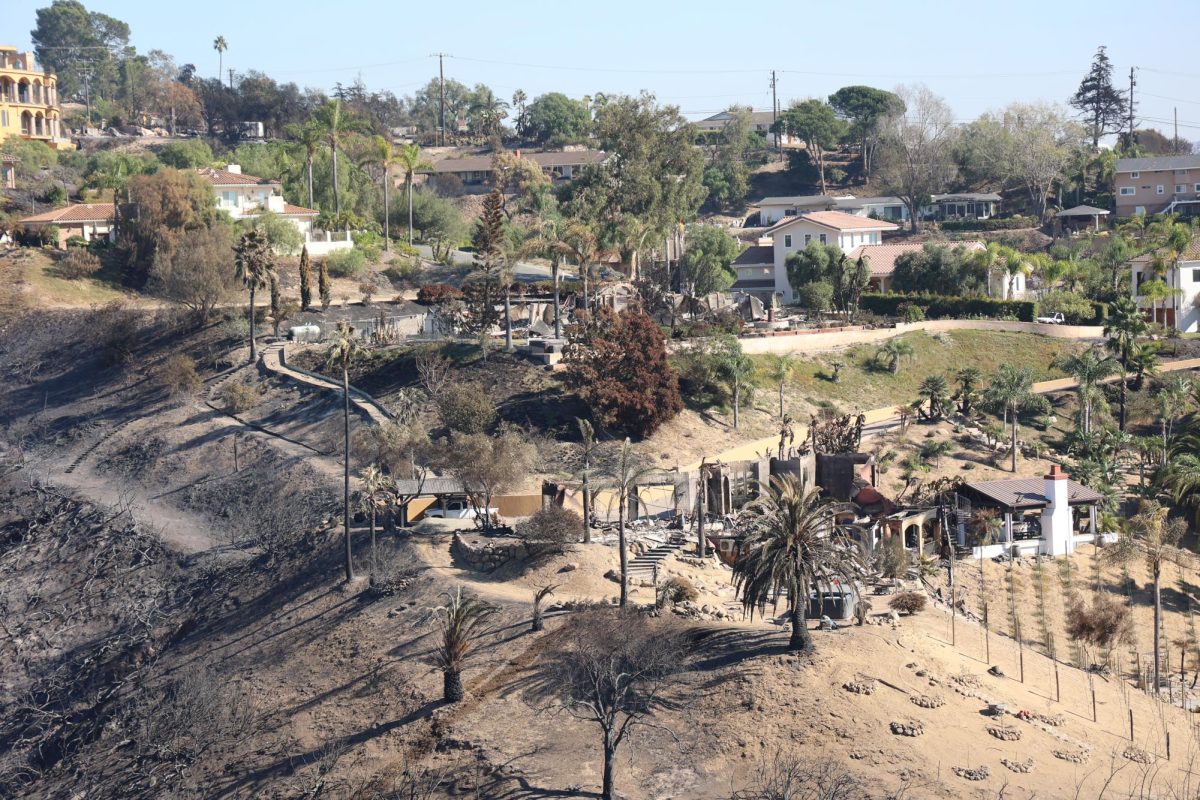In observance of World AIDS Day, audience members at the Oxnard College Auditorium were inundated with a cluster of valuable information all concerning HIV on Dec. 2.
The lecture, part of the Oxnard College Literature, Arts and Lecture Series, drew attention on the risks of contracting HIV (Human immunodeficiency virus), the negative effects it establishes on the human immune system and its transition to the eventual AIDS, or acquired immune deficiency syndrome, the disease that has already claimed the lives of more than 2.1 million people worldwide.
The audience was presented with a string of facts, false myths, steps for prevention, as well as anecdotes of a man’s personal struggle all encompassing the HIV virus. Joined by William Bradley, member of the AIDS Awareness Society, speaker Danny Delgado provided his personal story of living with HIV.
Delgado grew up in Ventura County as a gifted child, never getting out of line in school.
“The worst thing I ever did when I was in high school was throw toilet paper on a neighbor’s lawn,” said Delgado.
When he turned 19, he started drinking and attending parties, becoming sexually active. He attained a job as a retailer on an international cruise line, which required him to have a checkup at the doctor’s. It was after he visited the doctor that he discovered he had HIV.
“I was completely shocked when the doctors told me I’d contracted HIV,” said Delgado. “When my job found out, they had to let me go and I was unemployed for quite some while.”
His contraction with the virus had also cost him to lose three of his closest friends.
He began taking expensive medications that delayed the process of developing AIDS, but the medicines would get him sick a lot of the times.
“I would throw up constantly,” said Delgado.
One day he got an opportunistic infection, a type of skin cancer, that left him severely ill, thin, and weak in the hospital for weeks. With the sickness, he also acquired several other opportunistic infections, and the doctors told him he had little chance of survival. He was given a new medicine one day, which greatly rose his T cells, saving his life.
As a survivor, he continues to live his dreams, traveling the world and creating international awareness and prevention for HIV while taking 14 medications daily to slow the growth process of HIV.
He said there are five ways in which HIV can be transmitted: semen, blood, vaginal fluid, breast milk and pre-ejaculate.
“Sexual intercourse is the number one cause of HIV transmission,” said Delgado. “Although condoms are a good way of preventing HIV, it is not one-hundred percent effective, for they can break. So the best way of prevention is ultimately abstinence.”
Delgado recommends everyone should get testing. Currently, there is no cure for HIV, but there are medicines that can expand the life spans for those who live with HIV.
From the young to the old, the event proved to a success.
“Very good discussion!” said 34-year-old Lupe Juarez, a business major. “Hearing an account of someone living with HIV makes this topic all more important. HIV is a serious thing, and I hope we find a cure for it soon.”
19-year-old criminology major Elizabeth Santiago said the lecture was excellent.
“As a woman who’s sexually active, I like to know ways in preventing STDs like HIV,” said Santiago. “Being safe is my top priority, and this lecture really helped.
Tyler Stevens, 23, undecided said the event was informative as well as helpful.
“It’s a wake-up call to those who don’t know the whole scoop of HIV,” said Stevens. “We should be all be informed of this.”
World Aids Day prompts lecture on awareness
December 10, 2009
William Bradley
0
More to Discover

